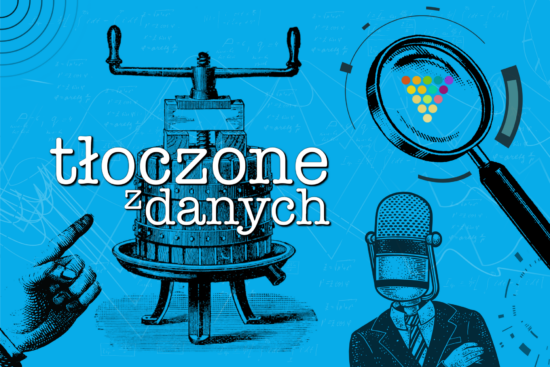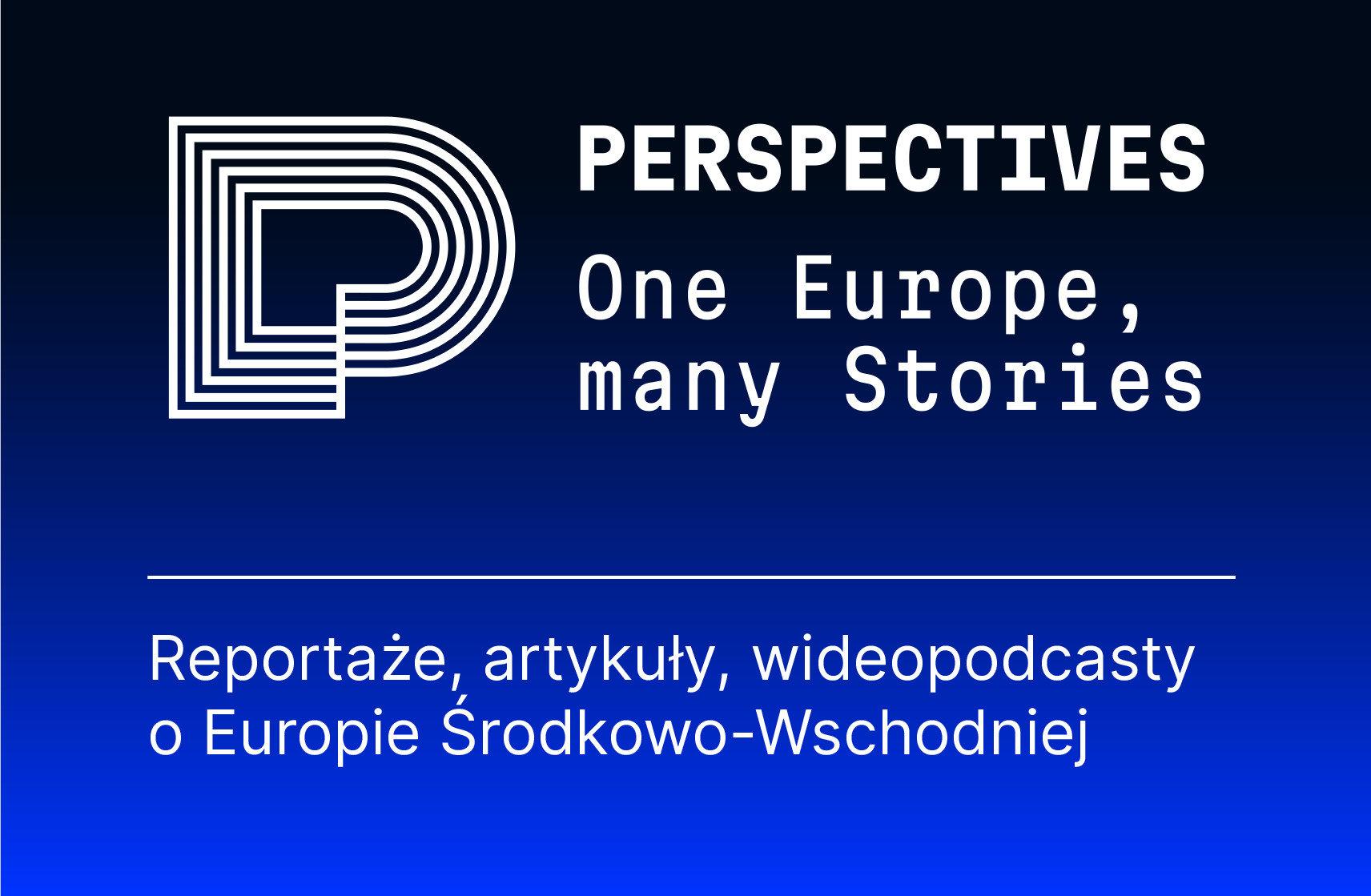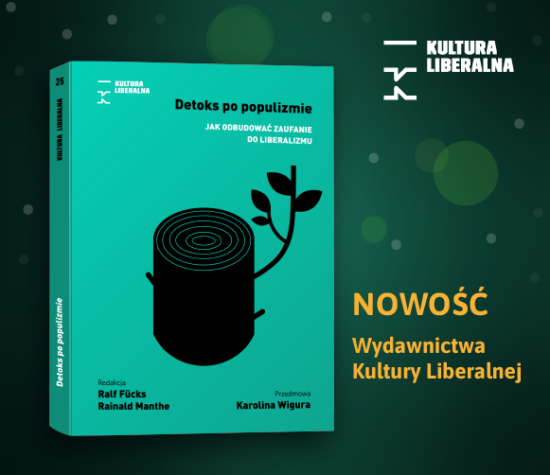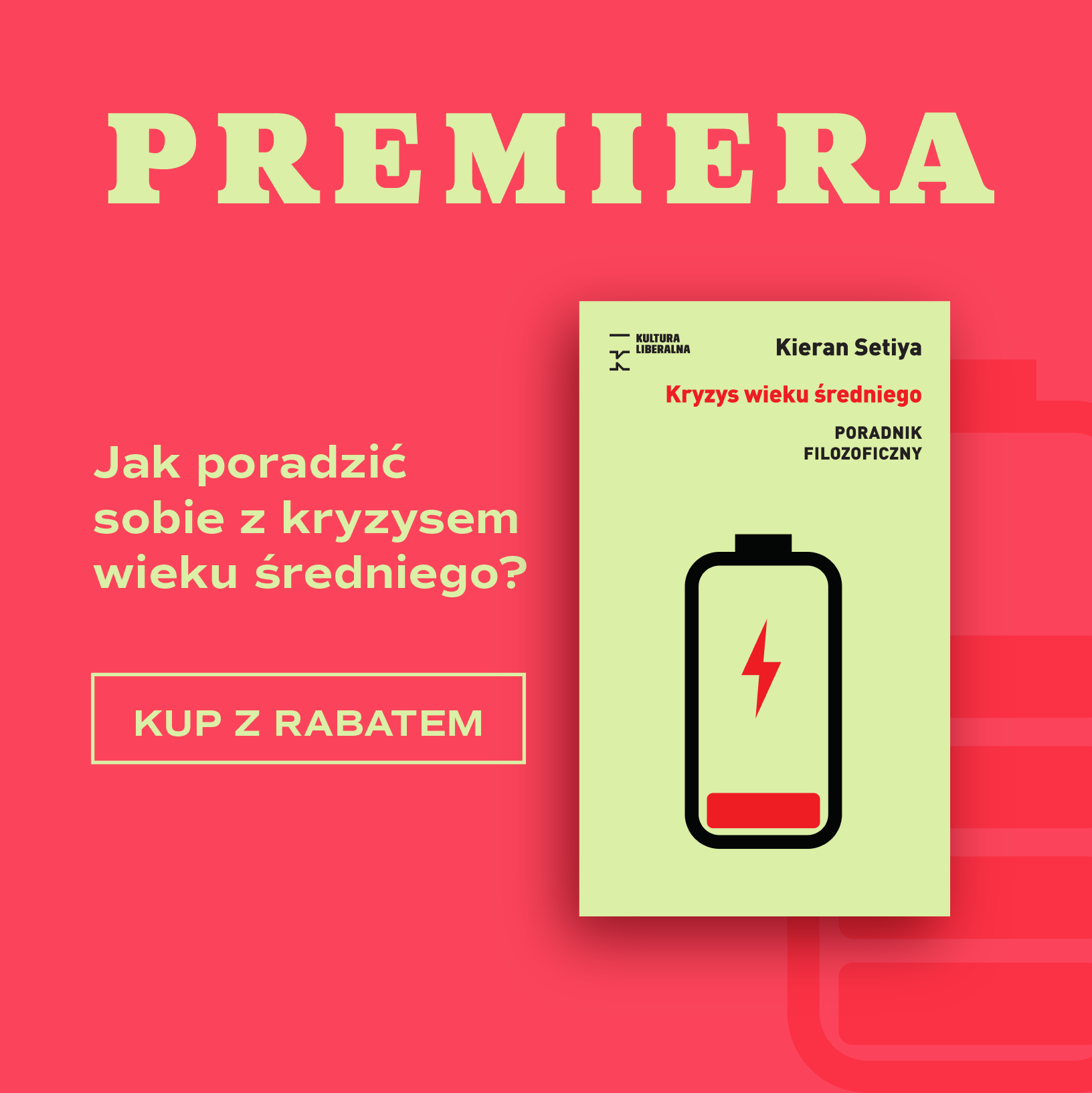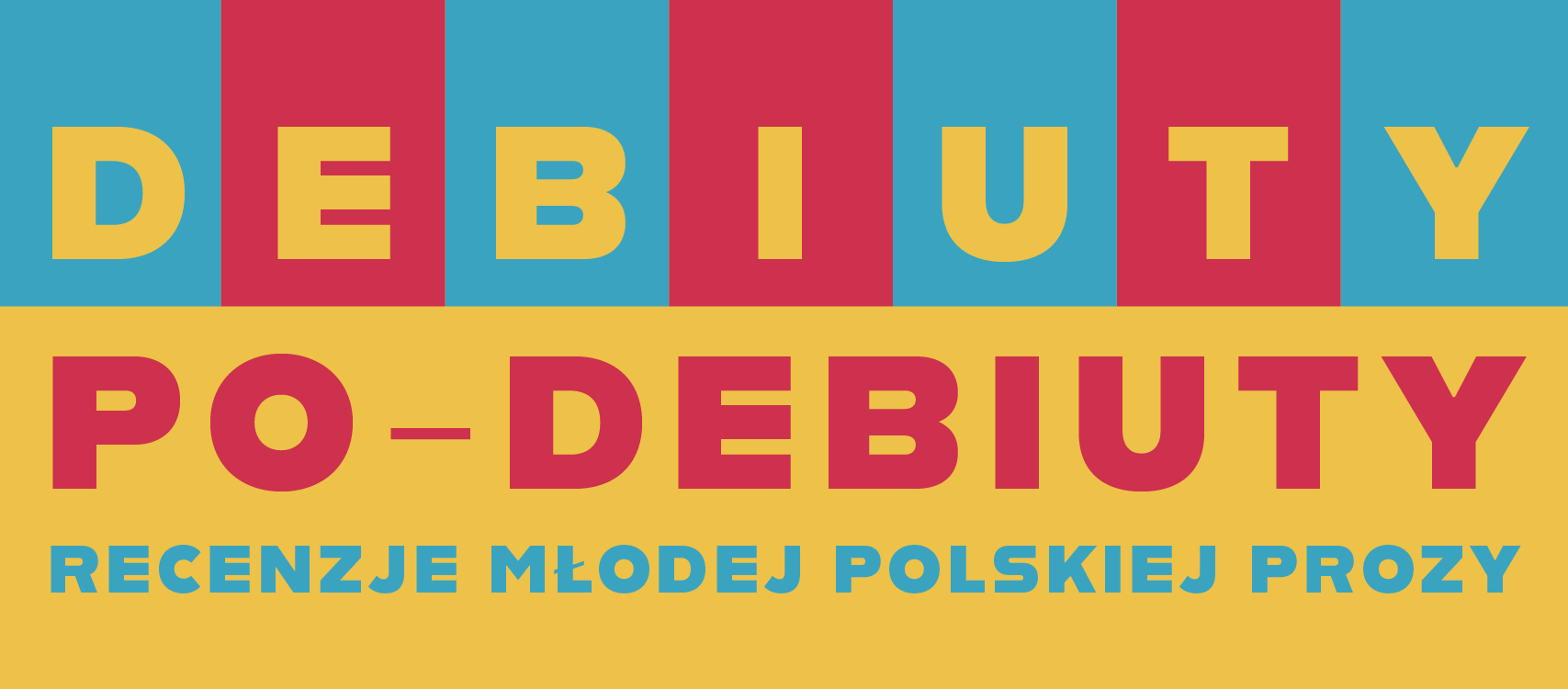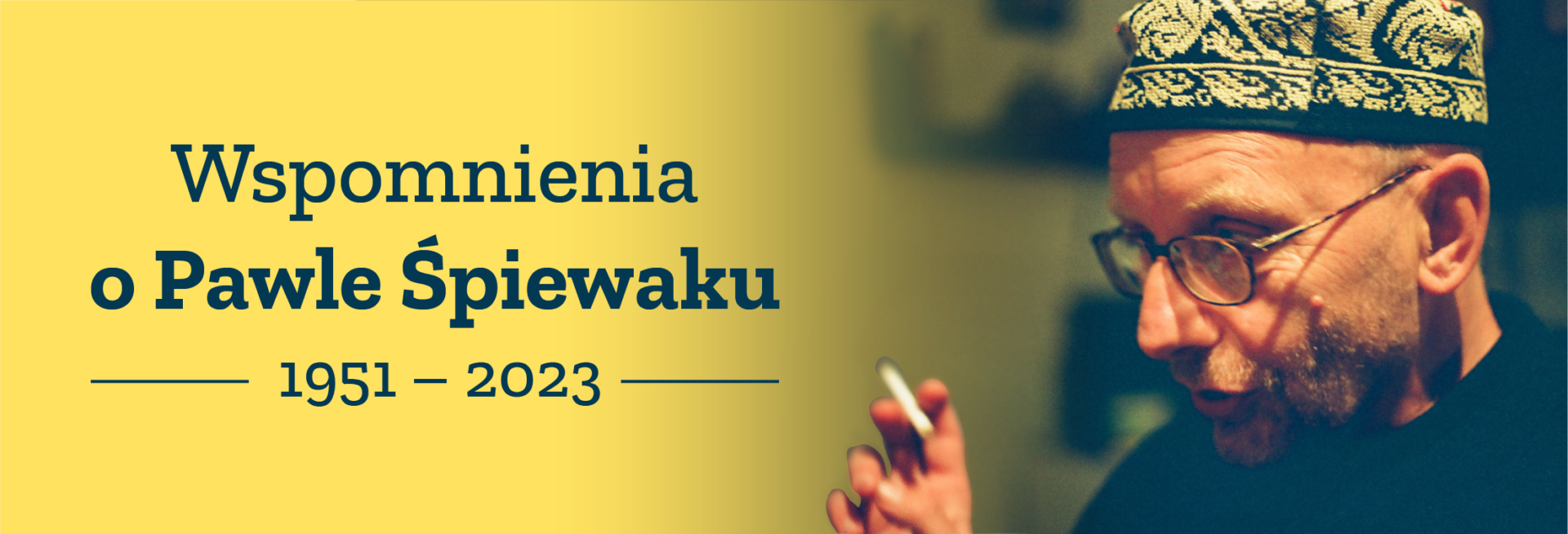KULTURA LIBERALNA > Czytając > RHYS: Pięć obrazów...
RHYS: Pięć obrazów miłości
Szanowni Państwo, zapraszamy do lektury klasycznego eseju o miłości. Tekst krótki, czarujący i staroświecki… Jakże (nie)właściwy na dziś!
Redakcja
Grace Rhys
The five images of love
No one understands the nature of love; it is like a bird of heaven that sings a strange language. It lights down among us, coming from whence we know not, going we know not how or when, striking out wild notes of music that make even fatigued and heavy hearts to throb and give back a tone of courage.
The sorts and kinds of love are infinite in number, infinite as the days of the years of time. Each one of us is capable of many and various loves. We cannot love two creatures, not two dogs, with the same love. To each of those whom we love we offer a gem of different colour and value;—to the unknown Master of the heavens, ah! who shall tell of what sort is the love we offer to Him ? Yet in this love, too (which is natural worship), we discover the same vibrational atmosphere that invades the soul of all lovers.
I doubt we shall not get much nearer to the nature of love by mere talking. Intellectual statements are of little use. God does not make intellectual statements, He creates. We have to find our way about in the vast medley of created things that life spreads out around us, and pick up what bits of knowledge we can as we make our way along.
Let me choose five images that will give an idea of what the awaking of this new life means.
I. Shall we not say that the creature without love is like the lamp unlit ? There it is, and no one needs it. But touch it with flame, and it trembles and glows and becomes the centre of the room where it stands. Everything that falls under its rays is new-gilt. So does the lover see all natural things quite new.
II. Or take the image of the withering plant that is dying of drought. The sun’s rays have parched it; the roots have searched and searched for moisture in a soil that grows every day harder and drier. The plant wilts and hangs its head; it is fainting and ready to die, when down comes the rain in a murmuring multitude of round scented drops, the purest thing alive, a distilled essence, necessary to life. Under that baptism the plant lifts itself up; it drinks and rejoices. In the night it renews its strength; in the morning the heat it has had from the sun, reinforced by the rain, bursts out into coloured flowers. So I have known a man battered by hard life and the excess of his own passions : I have seen love come to such a man and take him up and cleanse him and set him on his feet; and from him has burst forth a flood of colour and splendour—creative work that now lends its fiery stimulus to thousands.
III. Another image might be of the harp that stands by itself in golden aloofness. Then come the beautiful arms, the curving fingers that pluck at the strings, and the air is filled with melody; the harp begins to live, thrilling and rejoicing, down to its golden foot.
IV. Or picture the unlighted house, empty at fall of night. The windows are dark; the door shut; the clean wind goes about and about it, and cannot find an entrance. The dull heavy air is faint within; it longs to be reunited to the wind of the world outside. Then comes the woman with the key, and in she steps; the windows are opened, the imprisoned air rushes out, the wind enters; the lamps and the fire are lit; so that light fills windows and doors. The tables are set, there is the sound of footsteps; and more footsteps. The house glows and lives.
One could please oneself by many more images; such as the white garment of feathers that the young swans put on in the spring : the young flowers opening out their cups to the Sun that fills them with his golden wine. All life is full of such images, because nature has ruled that love, energy, beauty, and joy are one.
V. A last image only I would like to add because of the pleasure it has given me. On the north door of the Cathedral of Chartres there is a sculptured design, some six hundred years old, of God creating the birds. God is charming, quite young, not more than thirty-eight or so; He has a most sweet expression. Behind Him a little stands the Son, about seventeen, tall as He and very like Him, but beardless. He has the same sweetness of look, as though upon each countenance an ineffable smile were just dawning. The Father is holding something that time has broken in His hand; most likely it is a bird. What a fortunate moment! What a fortunate thought! No wonder they both look pleased. Never have the birds disappointed Him as have we, His ruder children. Every spring since then these small creatures praise Him, head turned skywards, for the joy of the beloved, for the secret nest.
Imagining and pondering, one is apt to grow a little wise; now perhaps we may say that love is a radiant atmosphere of the soul, a celestial energy, a fluid force.
This force, this energy is set running in the wide kingdom that is within us by some Spirit touch. A soft tumult takes place in the life within; waves on waves of joy, desire, grief, ecstasy begin to run, making a trembling music that often causes the whole body to shake and tremble too.
I am in love with love; I do adore it; — from the smile on that rough fellow’s face as he talks to his dog, to the ardours of a St. Francis or a Joan of Arc. That bright creative flame, winged, conferring the gift of tongues, master of all music, of all joy, is the best thing we have of life.
* Grace Rhys (1865 – 1929), eseistka.
„Kultura Liberalna” nr 64 (14/2010) z 6 kwietnia 2010 r.
Skoro tu jesteś...
...mamy do Ciebie małą prośbę. Żyjemy w dobie poważnych zagrożeń dla pluralizmu polskich mediów. W Kulturze Liberalnej jesteśmy przekonani, że każdy zasługuje na bezpłatny dostęp do najwyższej jakości dziennikarstwa
Każdy i każda z nas ma prawo do dobrych mediów. Warto na nie wydać nawet drobną kwotę. Nawet jeśli przeznaczysz na naszą działalność 10 złotych miesięcznie, to jeśli podobnie zrobią inni, wspólnie zapewnimy działanie portalowi, który broni wolności, praworządności i różnorodności.
Prosimy Cię, abyś tworzył lub tworzyła Kulturę Liberalną z nami. Dołącz do grona naszych Darczyńców!
PRZECZYTAJ INNE Z TEGO NUMERU
KOMENTARZE
















